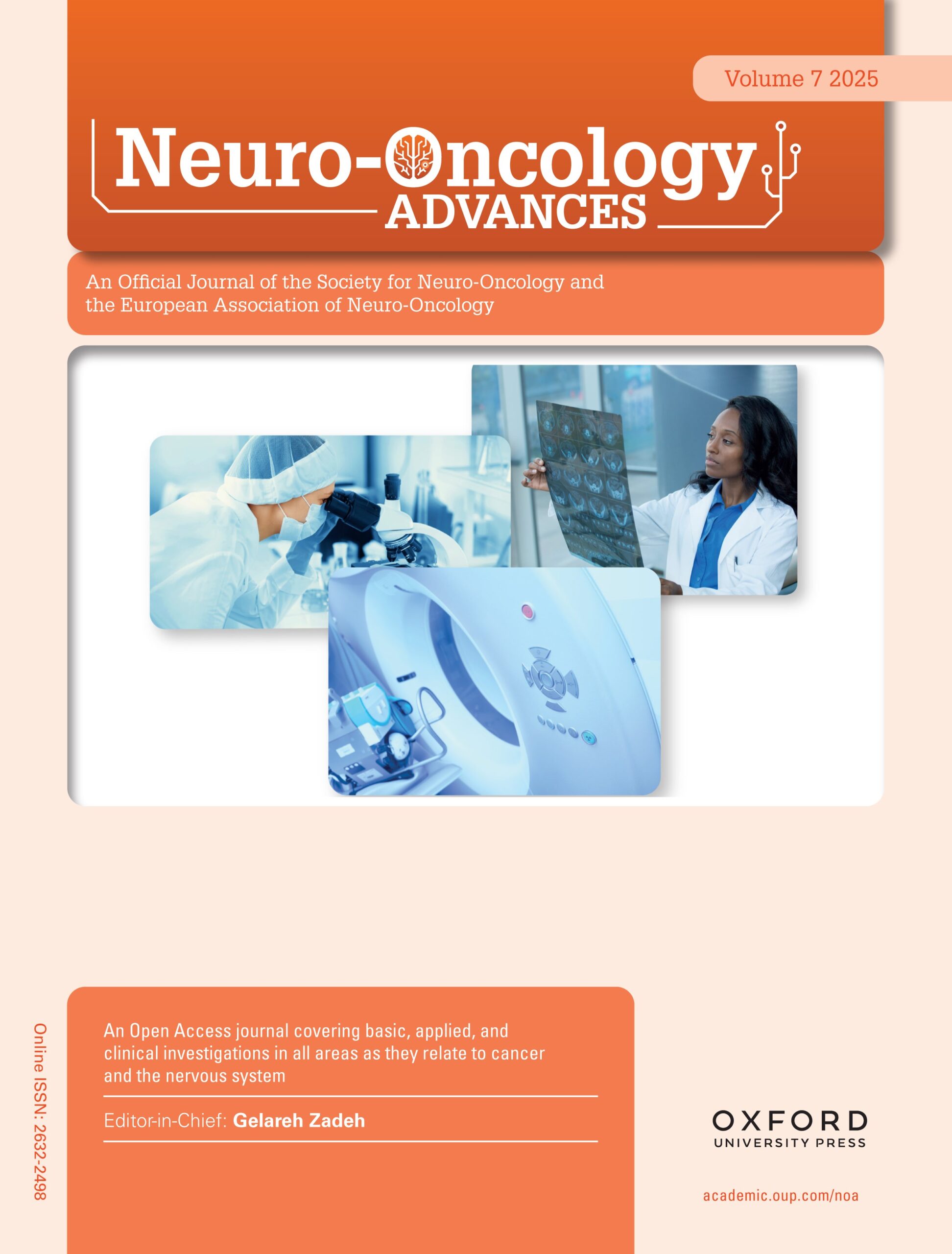Clinical Trial
PNOC009: A Phase I and Early Efficacy Study of Convection Enhanced Delivery of Irinotecan Liposome Injection Using Real Time Imaging with Gadolinium in Children with Diffuse Intrinsic Pontine Glioma
PNOC009 Study Publication
PNOC009 is now closed, and clinical trial results are now available as published in the Neuro-Oncology Advances in January-December 2025.
viewable here:
Please note, this study has closed to accrual and is no longer accepting patients. || The overall median survival of children with DIPG is approximately 9 months, and remains unchanged despite decades of clinical trial research. The only standard of care is focal radiotherapy but essentially all children die of this disease. New therapeutic strategies are urgently needed. One of the potential reasons for failure of treatment is the blood-brain and blood-tumor barriers, which exclude potentially effective therapeutic agents. Direct delivery by convection-enhanced techniques can overcome this barrier and ensure adequate drug exposure to tumor cells. Irinotecan has been shown in pre-clinical models to be an effective cytotoxic agent in-vitro and in patient-derived brainstem xenografts, with significantly increased anti-tumor activity when given directly into tumor within the brainstem, compared to systemic delivery. Liposomal encapsulation of irinotecan (nal-IRI) increases the amount of drug that can be delivered, and because of its longer half-life can increase drug exposure over a prolonged period of time. The hypothesis of this study is that repeated direct delivery via convection-enhanced delivery (CED) of nal-IRI will increase progression-free and overall survival in children with newly diagnosed DIPG following standard of care radiotherapy. This trial will assess the safety and preliminary efficacy of this strategy.
PRIMARY OBJECTIVE
To determine the safety and tolerability of repeated administration of nal-IRI co-infused with gadoteridol given by intratumoral CED in children with newly diagnosed DIPG.
SECONDARY OBJECTIVE
To determine the clinical efficacy of repeated administration of nal-IRI given by intratumoral CED in children with newly diagnosed DIPG in the confines of a phase I and early efficacy study.
Funding is provided by The V Foundation.
Please note, this study has closed to accrual and is no longer accepting patients. || The overall median survival of children with DIPG is approximately 9 months, and remains unchanged despite decades of clinical trial research. The only standard of care is focal radiotherapy but essentially all children die of this disease. New therapeutic strategies are urgently needed. One of the potential reasons for failure of treatment is the blood-brain and blood-tumor barriers, which exclude potentially effective therapeutic agents. Direct delivery by convection-enhanced techniques can overcome this barrier and ensure adequate drug exposure to tumor cells. Irinotecan has been shown in pre-clinical models to be an effective cytotoxic agent in-vitro and in patient-derived brainstem xenografts, with significantly increased anti-tumor activity when given directly into tumor within the brainstem, compared to systemic delivery. Liposomal encapsulation of irinotecan (nal-IRI) increases the amount of drug that can be delivered, and because of its longer half-life can increase drug exposure over a prolonged period of time. The hypothesis of this study is that repeated direct delivery via convection-enhanced delivery (CED) of nal-IRI will increase progression-free and overall survival in children with newly diagnosed DIPG following standard of care radiotherapy. This trial will assess the safety and preliminary efficacy of this strategy.
PRIMARY OBJECTIVE
To determine the safety and tolerability of repeated administration of nal-IRI co-infused with gadoteridol given by intratumoral CED in children with newly diagnosed DIPG.
SECONDARY OBJECTIVE
To determine the clinical efficacy of repeated administration of nal-IRI given by intratumoral CED in children with newly diagnosed DIPG in the confines of a phase I and early efficacy study.
Funding is provided by The V Foundation.
Sites Offering This Trial
- San Francisco, CA UCSF Benioff Children’s Hospitals
How to Enroll
If you believe your child or patient is eligible for this trial, contact the closest participating site or email us for more information.
